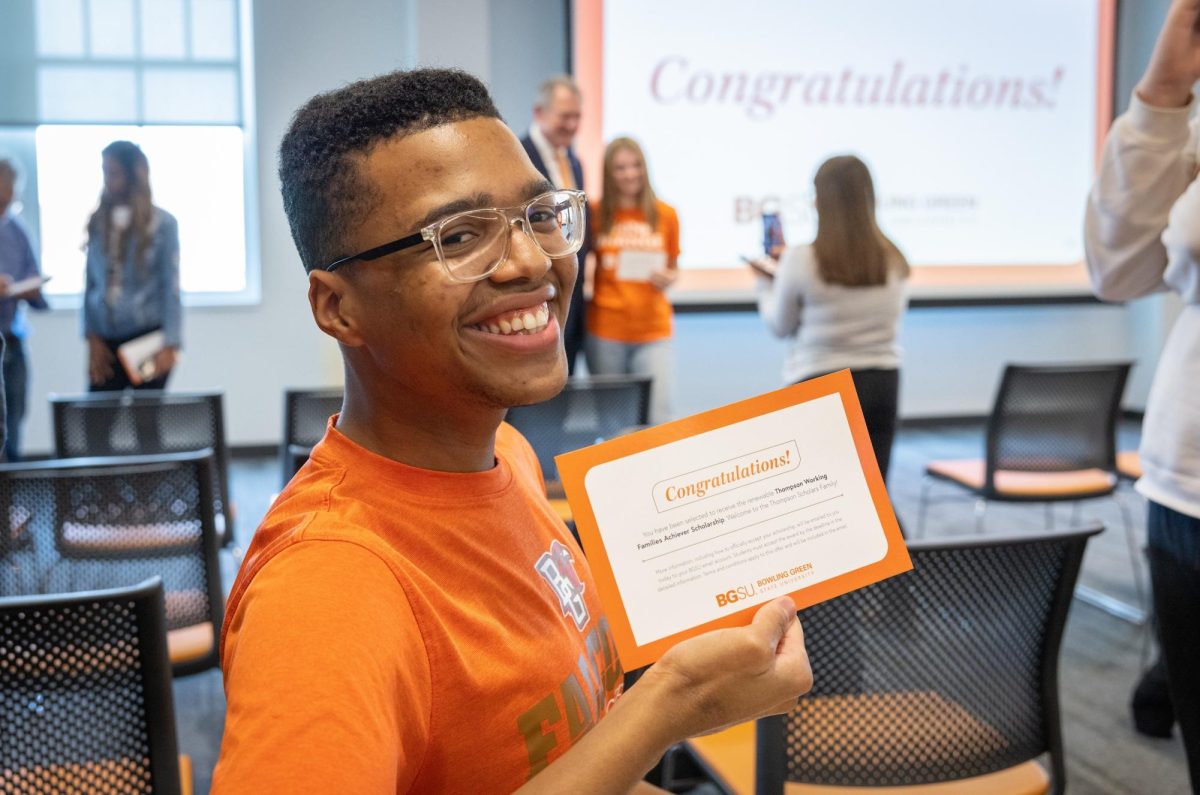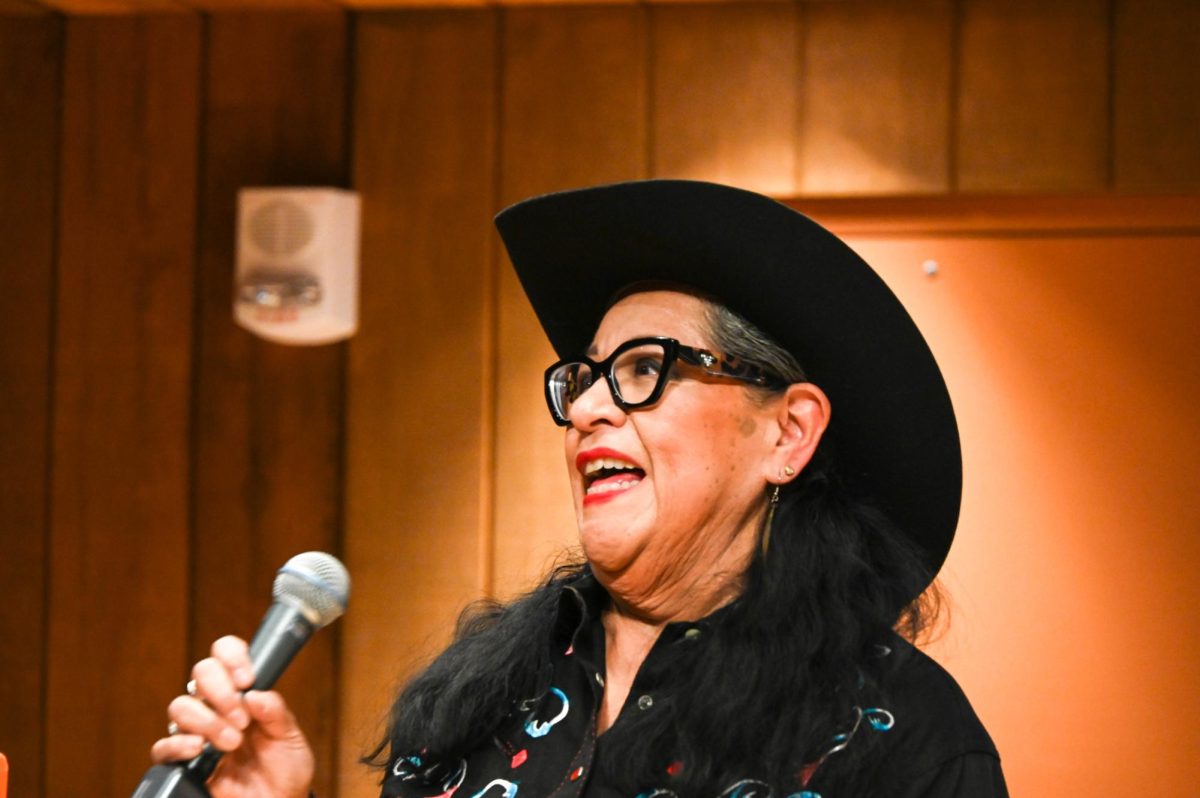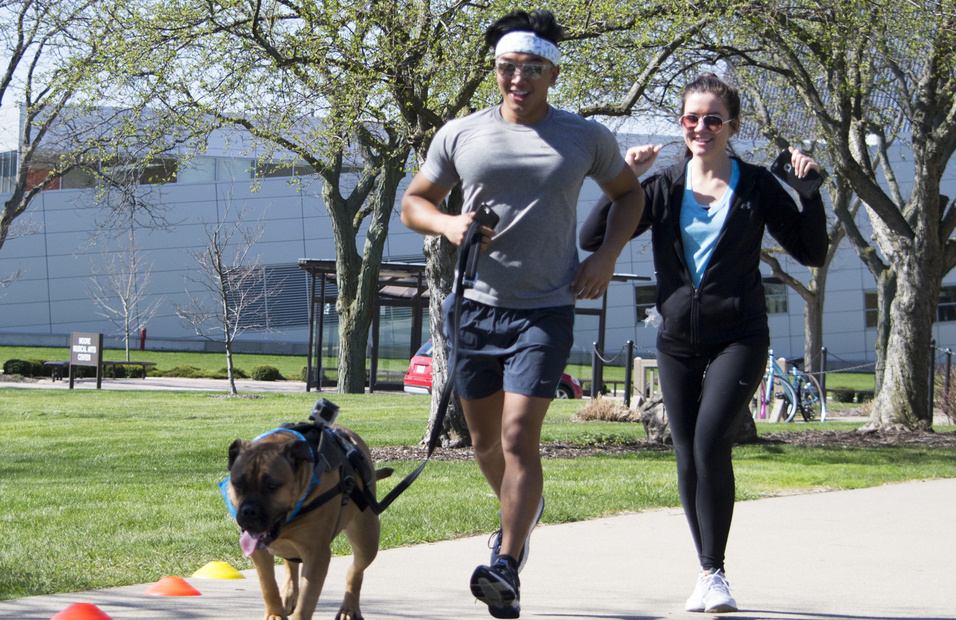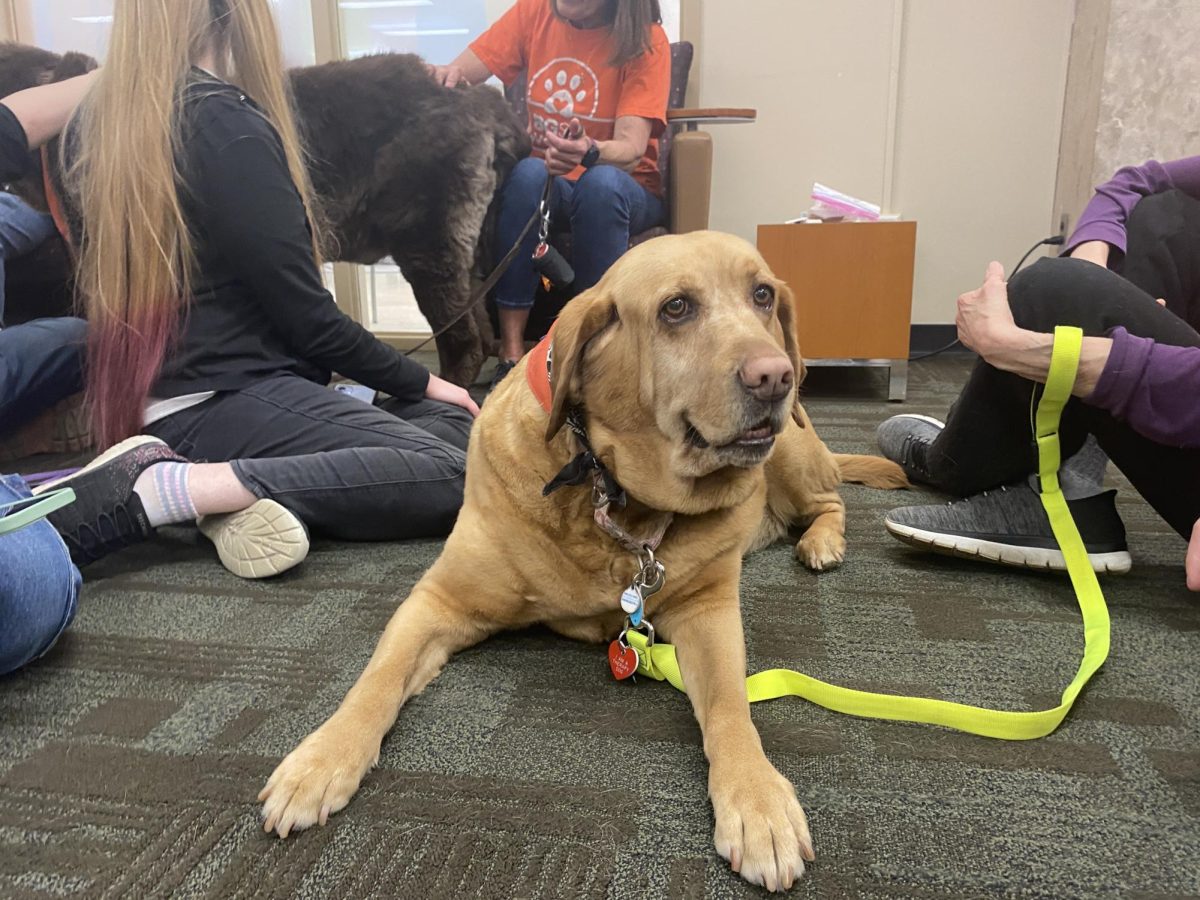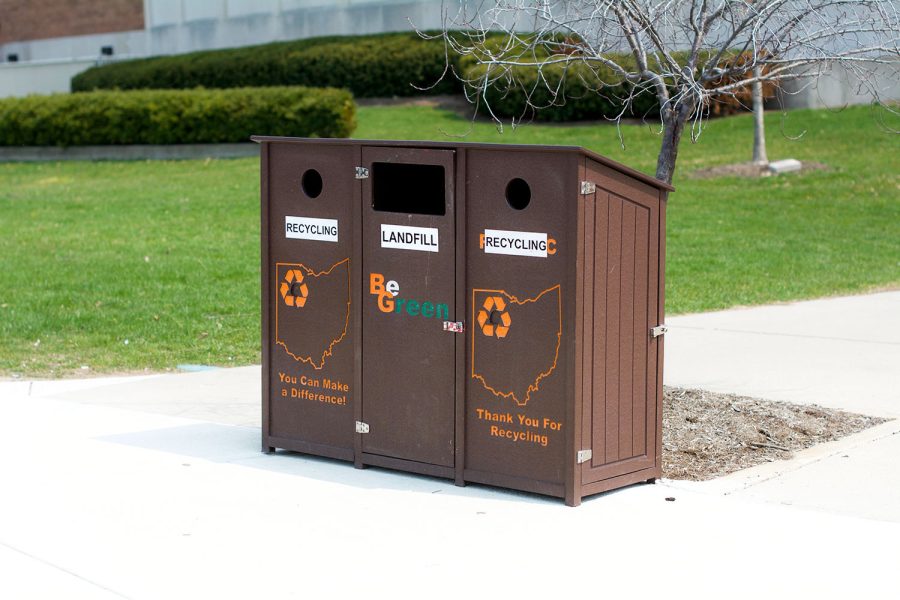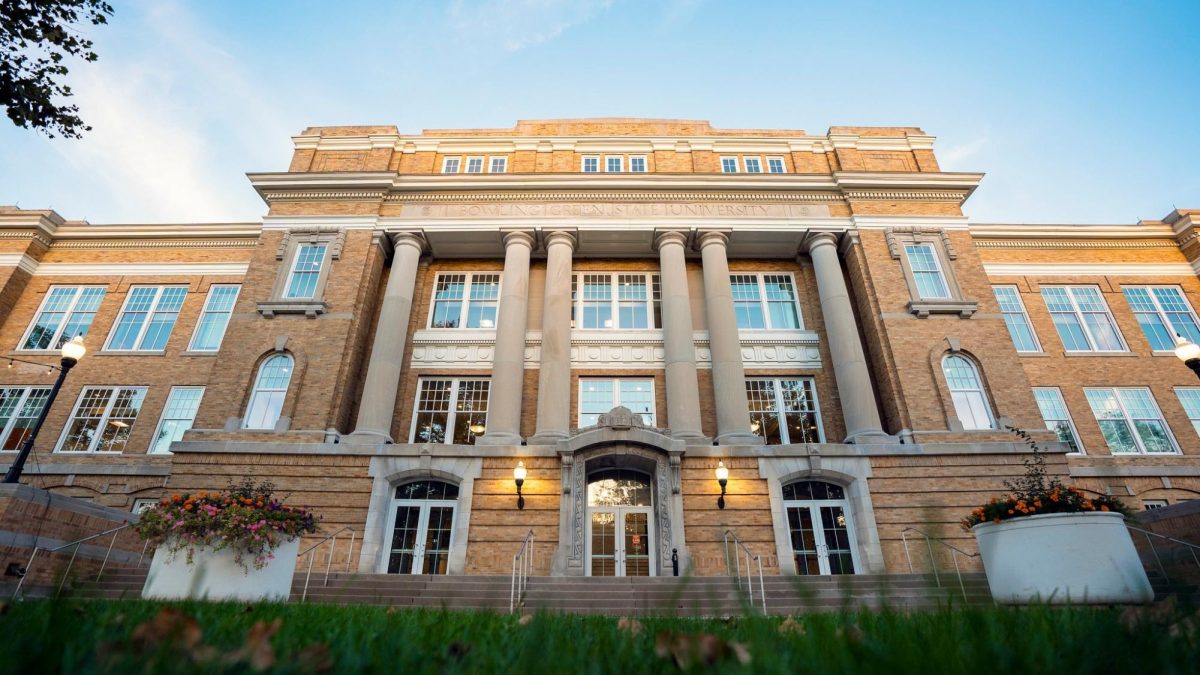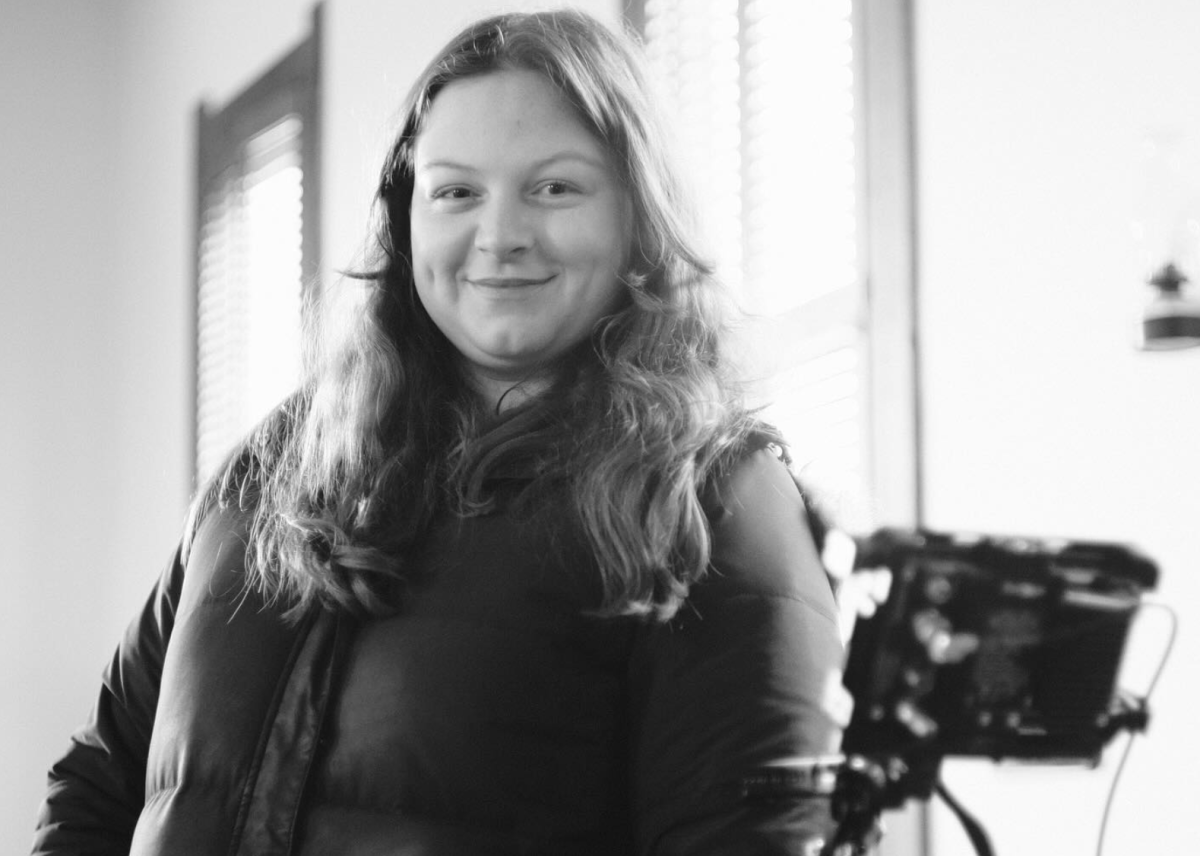The National Education Association reports that today, 60% of college students meet the criteria for at least one mental health issue. BGSU has an on-campus Counseling Center that students can make appointments to, but students hold varying opinions on the BGSU Counseling Center.
Many students are being turned down for continued appointments and are given no reason as to why. Media Relations Manager, Michael Bratton says that visits are not limited, but many students would disagree.
“The University does not limit the number of student appointments at the Counseling Center. Providers work with students to develop a personalized care plan for short and long-term mental healthcare goals,” Bratton said. “In some cases, students are referred to external providers to be connected with additional resources and services to support and prioritize their health and well-being.”
Madeline, a sophomore nursing student, had a different experience during her freshman spring semester.
“They got me in pretty quickly when I went spring semester. This semester, they were booked out for about a month,” Madeline said.
During her spring semester, she went to five appointments but has not attended an appointment this year. Madeline finds it a great resource for temporary anxiety-related issues but does not find it beneficial for more complex issues. She does however recommend that students make an appointment.
“It’s definitely better for temporary issues rather than ongoing complex issues. If you’re looking for more long-term options, the counseling center can point you in the right direction for places that provide that,” Madeline said. “However, I do think it’s worth making an appointment regardless. It is a free on-campus resource after all.”
Chelsea Valot, a Freshman Political Science major, was told that she no longer needed full-time therapy from the campus Counseling Center. When Valot was told that she did not need full-time therapy, she said was not connected with any additional resources.
“At my second appointment, my counselor informed me that I did not need to be in therapy full-time. I have no idea what the standards are for that, or what the regulations are to not need therapy full-time. But I was told that I did not meet whatever standards those were and that I would only be getting one more appointment unless I had another crisis,” Valot said.
Valot had gone to therapy every other week to every week back home before coming to BGSU. She is someone who takes medication to combat anxiety and depression, so she was very surprised to find out that she did not meet the standards.
“I think it’s shocking that I wasn’t taken more seriously, especially being diagnosed before going in,” Valot said.
Valot first attended the provided on-campus therapy because she needed help adjusting to the college lifestyle.
“I was going to the mental health services just because I’ve had a rough time on campus so far, and I just really need someone to talk to. Especially being away from home, it’s just really heightened all my emotions recently. And so it really just helps to have a friendly face and someone you know you can rely on and trust to talk to, who can really be there and give you professional help and advice,” Valot said.
Valot’s home is about three hours from campus, so she entered this new lifestyle without any sense of familiarity.
The 2022-2023 Healthy Minds Study from the University of Michigan found that 40% of college students experienced symptoms of depression, and 36% of students experienced symptoms of anxiety.
“I feel like I get really overwhelmed here. I don’t have any family here. All my friends here are great, but I just met them. None of my friends from school came here that I’ve known the last 18 years of my life. There’s just no real sense of familiarity here. And so having someone to open up to is so important to me,” Valot said.
At Valot’s initial appointment, her therapist gave her the option of group therapy instead of one-on-one counseling, which Valot declined because she felt it wouldn’t personally work for her own needs.
After signing up for an appointment in mid-August, Valot had to wait till mid-September to be seen by a counselor. When she called the center, she was told that they were backed up until September and had to schedule a month out.
Valot believes that BGSU can do better with the counseling provided with student tuition.
“They need to have more counselors if they expect to offer this to everybody. They also need to have some more concrete way to determine what qualifies you for full-time therapy. I don’t think that’s their place to determine whether or not someone needs therapy. I think everyone can benefit from counseling,” Valot said.
The Counseling Center declined to comment on the situation.
“Because of student privacy laws, BGSU cannot answer questions that pertain to specific health records or situations,” Bratton said.
The University of Toledo (UToledo) also provides a Counseling Center that is free for students, and there is also no limit on the number of appointments that a student can attend.
“Brief therapy sessions are typically scheduled on a bi-weekly basis, and there is no limit on the number of sessions that a student may receive in a semester,” Gorny said.
UToledo’s Counseling Center is seeking to hire more clinicians.
“The Counseling Center is not currently managing a waitlist for its services,” Gorny said. “The Counseling Center is actively seeking to hire an additional full-time clinician, and it anticipates adding two more part-time clinicians in 2025 under a grant through the Ohio Department of Higher Education.”
While both Valot and Madeline were given long wait times Nicholas Ross, an undecided freshman, only had to wait about a week for his appointment. Ross agreed with Madeline that the Counseling Center is not suited for complicated issues.
“My problems are beyond their scope so she is helping me navigate finding a long-term solution,” Ross said. “They can help you manage general anxiety and fears but when it comes to more serious things they tend to struggle.”
Ross was given the option to attend crisis counseling which was not beneficial for him.
“I’ve been two times and left with more anxiety and fears than when I went in,” Ross said.
He would however recommend seeing the Counseling Center if a student is dealing with general anxiety.
While each student holds a varying opinion on the Counseling Center, they all recommend reaching out if a student needs it. They also want to see a change so that all students can receive the help they deserve.
“When they’re offering this with tuition, they need to be able to have the amount of counselors that are needed to provide treatment for each and every student, because each and every student deserves treatment if they so want it,” Valot said.












